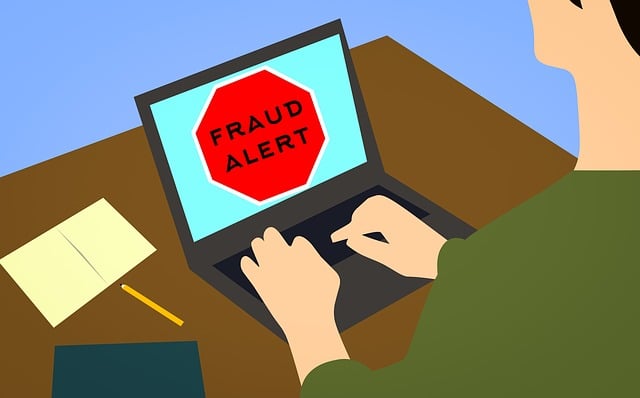Many of us have been in a situation where we need to decide on a new partnership. The feeling of growth that comes from it is usually accompanied by nagging doubts. Trusting a private investigator with the details of your deal isn’t a sign of mistrust. It just means you have your guard up and can walk into a boardroom filled with confidence.
Let me show you how PIs help you achieve that peace of mind.
Spotting early warning signs
The records held at Companies House are often riddled with information that can easily mislead someone. A PI will check filing dates, registered offices, as well as the director’s background. One discovery I’ve seen? A firm with no UK director that turned out to be a mailbox operation. Taxpolicy.org.uk reports that companies like that are about 17 times more likely to use fake addresses.
Unearthing cash and legal baggage
A hidden CCJ or even a winding-up petition can make a credible partner no longer seem so. A PI scans those. With just one CCJ, expected profits can be ruined, confidence shot, or a merger suppressed altogether.
Exposing hidden ownership
On record, this is a local limited liability company. But behind the scenes, you might find a trust in the Caymans, offshore directors, shell trusts, and beneficial owners, real control that often surprises you. That’s when you call a private investigator in London. They follow the ownership web, map it out, and let you see who’s pulling the strings.
Real talks reveal reputation
Someone’s behavioural patterns during stressful situations cannot be captured through a quick online search. PIs quietly talk to ex-clients, suppliers, or former employees. Once, I overheard a supplier say, “They ghosted us for six weeks until payment cleared.” Online biographies do not provide that level of nuance.
Watching and tracing real assets
For high-value transactions, confirming the presence of offices, personnel, or shipments may be critical. People sometimes forget to mention certain details, like those revealed through asset tracing, properties, bank accounts, or vehicles. Although not ordinary, they are always valuable when the amount is significant.
Strengthening AML, KYC, and GDPR compliance
Every time a PI submits a report, it becomes part of your AML and know-your-customer paperwork. You have fulfilled your part and are showing the steps you took.
Moreover, since the PI operates under UK data rules, your GDPR requirements are also fulfilled. No loopholes and legal shortcuts.
Real-world scenario: a ghost partner
A marketing agency almost got signed by a CEO that I know. Seeing how everything was put together, the website, testimonials, and even the case studies, everything seemed perfect. But when doing a background check, tracing the directors uncovered an offshore PO box with no employees on LinkedIn, and that led to their downfall before contracts were signed. Missing one warning like that could spell doom, and most people wouldn’t want to experience something like that.
Why it matters
UK Finance recorded 3.3 million instances of fraud during the last calendar year, up 12 per cent on the year before. Even though banks put countermeasures in place, £1.17 billion worth of funds were still stolen. Remote purchase fraud also increased by 22% and now impacts over 2.6 million purchases. Visa’s 2023 survey revealed that over 40% of UK small and medium enterprises felt the sting of this rise, suffering an average loss of £3,800 per compromised identity.
Vendor fraud affected ninety-three percent of firms, with average losses amounting to over five hundred thousand dollars. Additionally, cyber-enabled fraud affected four hundred thousand businesses at five thousand nine hundred dollars per incident. That’s just mind-blowing.
Quick vetting checklist
- Checking Companies House for the info outlined
- Searching for CCJs and other petitions alongside letters of warning from HMRC.
- Detecting offshore wires or setups by tracing ownership
- Getting useful, practical insight by conducting peer interviews
- Employ surveillance and asset tracing only on high-stakes assignments
- Integrate findings while fully respecting AML, KYC, and GDPR obligations
What do you risk if you don’t
It has an immeasurable impact derived from finances:
- Cash flow is negatively impacted by unpaid invoices
- Agreements collapse right before completion
- Damage to reputation is done before correction can occur
- Fines imposed by a regulatory agency can result from a breach in financial governance or the misuse of data
These are not hypothetical situations, the timelines presented are acute and immediate.
Conversation matters
This isn’t a violation of privacy either, it’s the opposite, it’s responsible care. By vetting with a PI, you can confidently back or refute a premise because now the call is backed by data, not wishful thinking.
Conclusion
Private investigators are like scouts. They seek out offshore company directors, phantom assets, ghost companies, and unrecorded activity. Because of their work, you no longer have to gamble with the phrase “I hope this works.” With disciplined application of these steps, your decision rests on verifiable facts. Signing the agreement becomes an act of informed confidence, assured that every risk has been measured and every motive understood.







